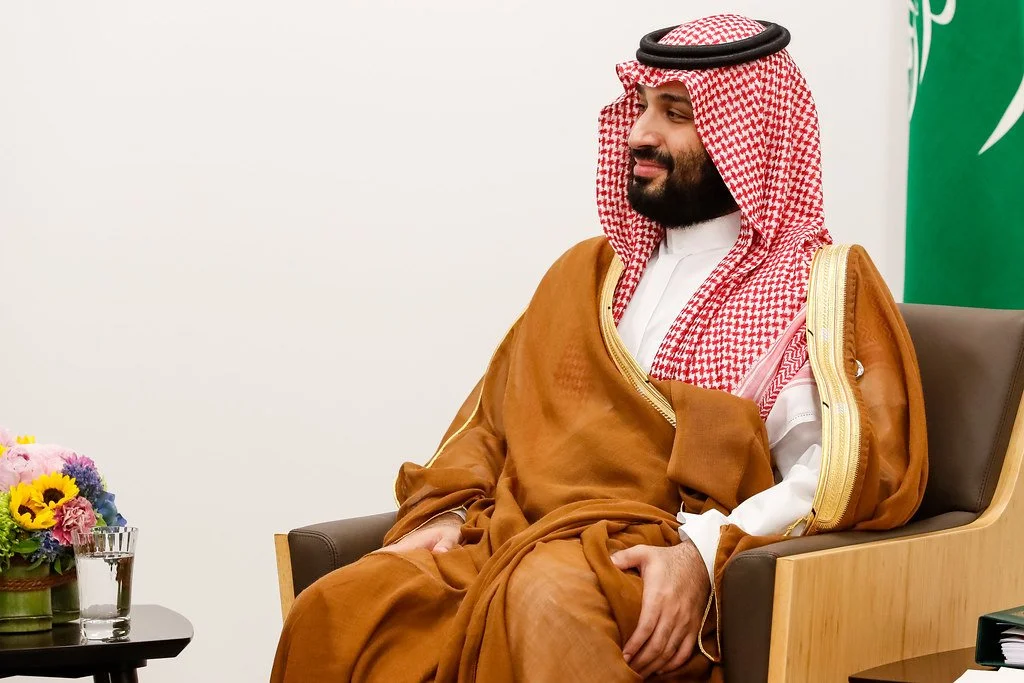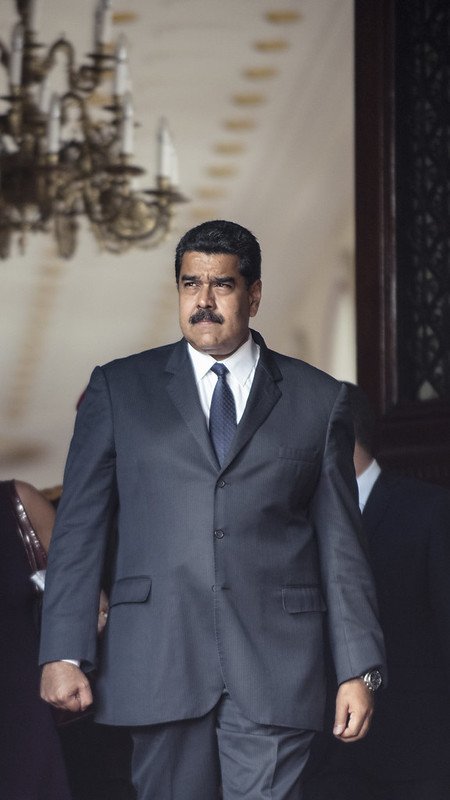Saudi Arabia’s Celebration of “Founding Day” Presents a Secularized History
Saudi Crown Prince Mohammed bin Salman (Flickr)
On February 22, Saudi Arabia celebrated its first “Founding Day” since King Salman bin Abdulaziz declared the day a national holiday last month. Founding Day celebrates Imam Muhammad ibn Saud’s founding of the “First Saudi State” in 1727. This past week, the kingdom hosted festivities featuring traditional dress, music, and art in many of its 13 provinces.
The date chosen for the celebration is conspicuous, as it traces the country’s roots back to the relatively insignificant date of the beginning of ibn Saud’s rule. Histories of the Saudi state usually regard the alliance between ibn Saud and Mohammad ibn Abdul-Wahab in 1744 as crucial in establishing religious legitimacy to his rule. In this alliance between state and religion, ibn Saud promised that the state would protect the Wahabi leaders who could then freely proselytize their conservative interpretation of Islam. Historically, the Saudi state has celebrated this religious heritage itself while enforcing the rules of Wahabism among its population.
In the announcements for Founding Day and in the celebrations this Tuesday, there were no references to Wahhabism and its role in the kingdom’s founding. Displayed on the logo for the festivities, a flag bearer holds what is supposedly the Saudi flag. However, this flag is empty, lacking the Islamic profession of faith, the Shahadah, that is inscribed on the Saudi Flag. The celebrations did not promote religion as a feature in Saudi Arabia’s political or cultural roots, instead centering on other elements of national heritage.
Saudi Arabia already had a national holiday of this kind, National Day, commemorating the founding of modern Saudi Arabia in 1932. It is likely that in introducing Founding Day, the Saudi government seeks to promote an increasingly secularized historical narrative of the nation. This represents a clear move away from the myth of the Wahhabi-Saudi alliance as the decisive origin of the state that members of the royal family have centered in the past. Instead, the new Founding Day narrative emphasizes state continuity independent from Islam.
This change in historical emphasis toward more secular origins seems to be part of the crown prince Mohammed bin Salman’s mission to open Saudi Arabian society and limit the role of religion within the state. His efforts have included allowing women to drive and act more freely without their husbands, as well as introducing concerts and cinemas to the country. As part of his Saudi Vision 2030, Bin Salman is enacting these reforms to attract foreign investment and thereby diversify the country’s economy. While outside observers have questioned the sincerity of this project, especially in light of the state’s continuing repressions, the introduction of Founding Day signifies a further step towards bin Salman’s vision.






